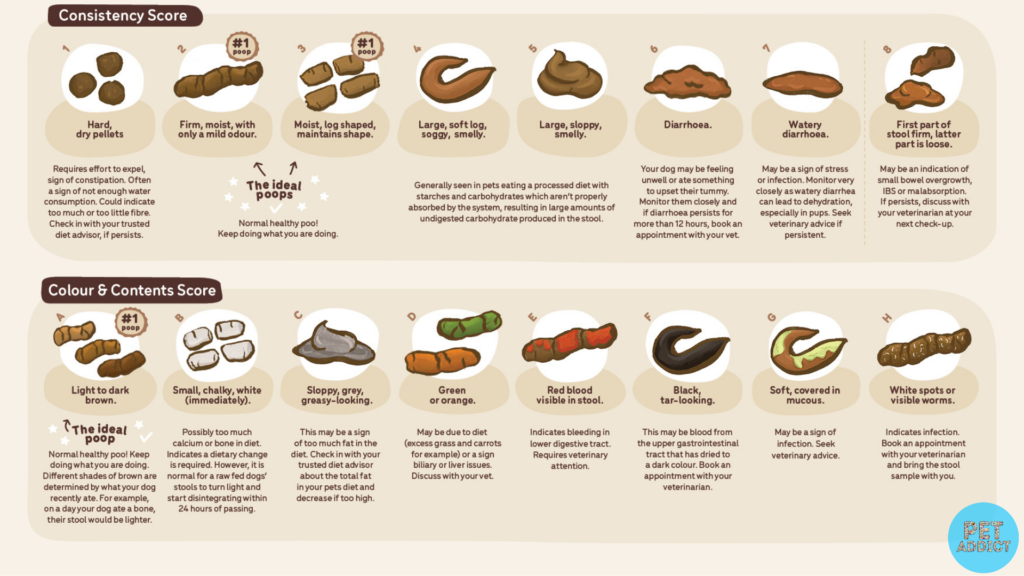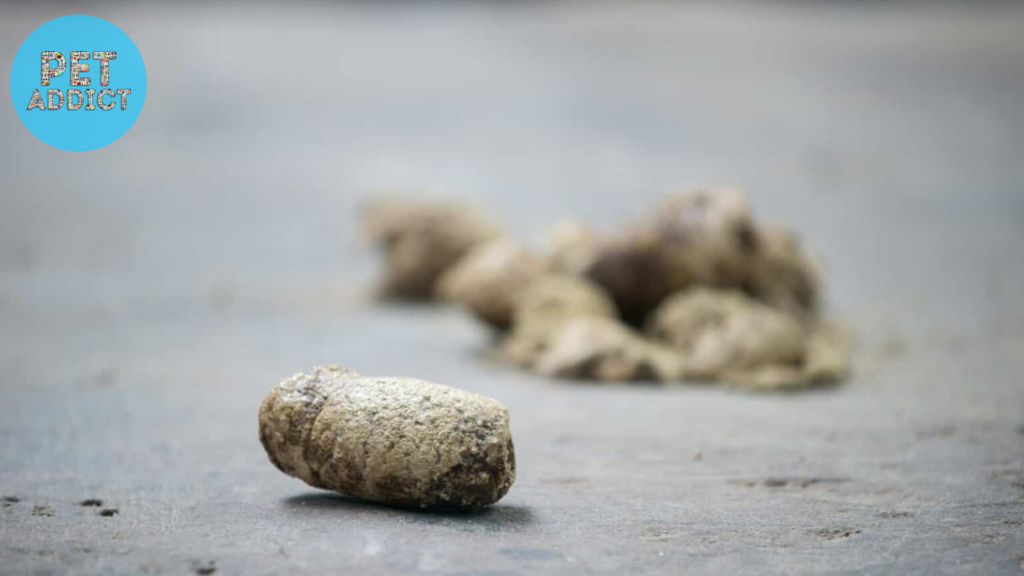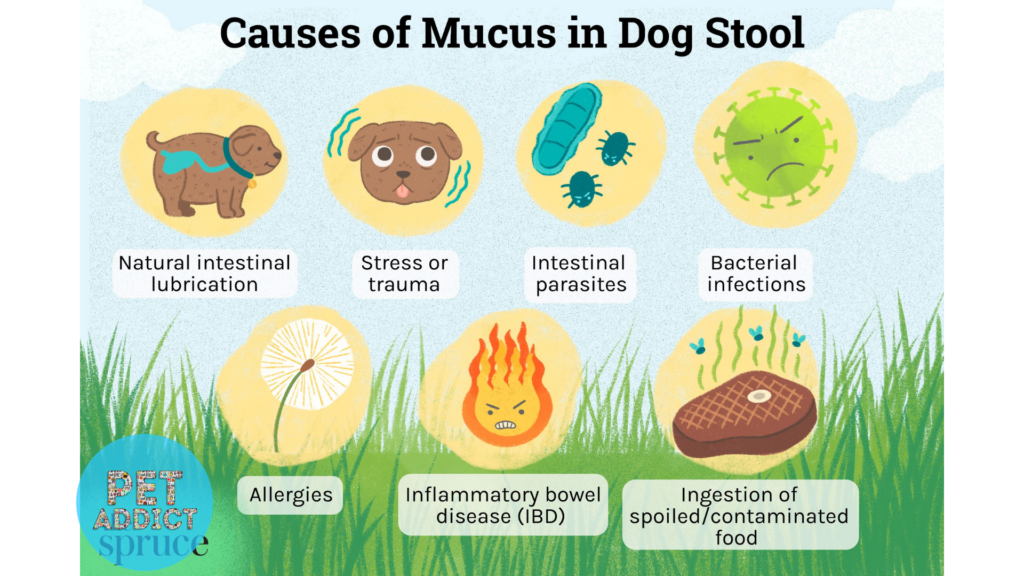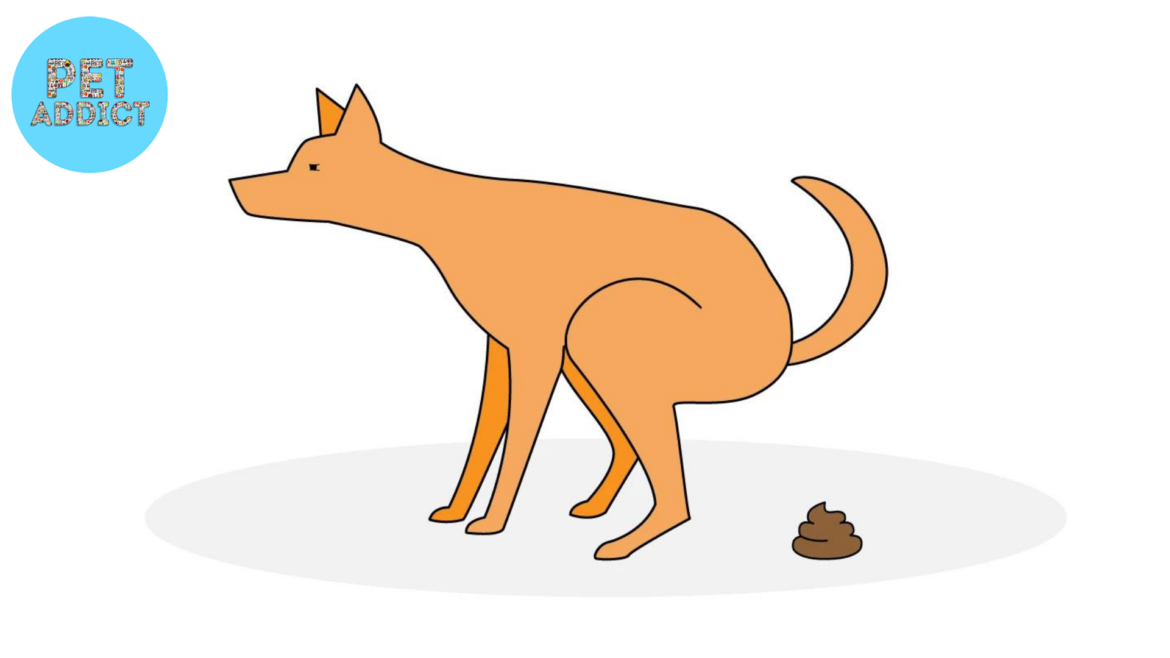Introduction
Dog poop may not be the most pleasant topic of conversation, but understanding it is crucial for ensuring the well-being of our furry companions. In this comprehensive guide, we will explore the different types of dog poop, from normal to abnormal, and their significance in assessing a dog’s health. By familiarizing ourselves with the characteristics, causes, and implications of various poop types, we can be proactive in monitoring our dogs’ digestive health and seek veterinary advice when necessary.
PetAddict.net – The best place where you can find everything about your pet!
Why Dog Poop Matters
The Significance of Dog Poop
Dog poop serves as a valuable indicator of a dog’s overall health. By observing and analyzing their poop, pet owners and veterinarians can gain insights into a dog’s digestive system, nutrient absorption, and potential health issues. Paying attention to dog poop is essential for the early detection of problems and for maintaining a dog’s well-being.
Normal Dog Poop

Characteristics of Normal Dog Poop
Normal poop typically has specific characteristics in terms of appearance, texture, and color. Understanding what constitutes normal poop helps in distinguishing it from abnormal types. Factors such as diet, hydration, and exercise can influence variations in normal poop.
Frequency and Consistency
The frequency and consistency of a dog’s poop play a crucial role in determining its digestive health. A regular poop schedule and firm consistency are indications of a healthy digestive system and efficient nutrient absorption.
Healthy Digestion and Nutrient Absorption
Normal poop is a reflection of a well-functioning digestive system. Efficient digestion and nutrient absorption contribute to the formation of healthy poop. A balanced diet, proper hydration, and optimal nutrient intake are vital for maintaining a dog’s digestive health.
Abnormal Dog Poop
Types of Abnormal Poop
Abnormal poop can present in various forms, each indicating potential health issues. Understanding different abnormal poop types helps in identifying possible underlying conditions and seeking appropriate veterinary care.
Diarrhea and Soft Stool

Diarrhea and soft stool are common abnormalities in poop. They can be caused by dietary changes, food intolerances, infections, or other health conditions. Addressing these issues promptly is important to prevent dehydration and further complications.
Hard and Dry Stool

On the other end of the spectrum, hard and dry stool can indicate constipation in dogs. Factors such as inadequate fiber intake, dehydration, or underlying health issues can contribute to this condition. Timely intervention is necessary to alleviate discomfort and restore normal bowel movements.
Mucus in Dog Poop

The presence of mucus in dog poop may raise concerns. It can be a sign of inflammation or irritation in the gastrointestinal tract. Understanding common causes and knowing when to consult a veterinarian is essential for proper diagnosis and treatment.
Blood in Dog Poop

Blood in dog poop is a red flag and should never be ignored. It can indicate various conditions, ranging from minor issues to severe illnesses. Immediate veterinary attention is crucial to determine the underlying cause and provide appropriate treatment.
Factors Influencing Dog Poop
Diet
A dog’s diet plays a significant role in shaping the characteristics of its poop. The quality and composition of food directly impact poop consistency, color, and odor. Providing a balanced and nutritious diet tailored to a dog’s specific needs is essential for maintaining healthy poop.
Medications and Supplements
Certain medications and supplements can affect a dog’s digestive system and subsequently alter poop characteristics. Awareness of potential side effects and consult with a veterinarian can help manage any changes observed in poop due to medication or supplementation.
Stress and Emotional Well-being
Stress and emotional well-being can also influence a dog’s digestive health and, consequently, poop quality. Dogs experiencing stress may exhibit changes in their poop, such as diarrhea or constipation. Implementing stress-reduction techniques and providing a nurturing environment can help maintain a dog’s digestive balance.
When to Consult a Veterinarian
Red Flags in Dog Poop
Being vigilant about red flags in dog poop is crucial. Changes in color, consistency, smell, or the presence of blood or mucus are indications that warrant veterinary attention. These signs can help identify underlying health conditions that require diagnosis and treatment.
Seeking Veterinary Advice
When concerned about a dog’s poop, it is advisable to consult a veterinarian. A veterinarian can conduct diagnostic tests, analyze the poop, and provide appropriate guidance and treatment. Early intervention can prevent further complications and ensure the best possible care for a dog’s digestive health.
Conclusion
Understanding the different types of dog poop is essential for monitoring a dog’s health and well-being. By familiarizing ourselves with normal and abnormal poop characteristics, we can identify potential issues, seek veterinary advice when needed, and provide timely care for our furry companions. Regular poop observation, a balanced diet, and a proactive approach to digestive health contribute to maintaining the overall well-being of dogs.
FAQs
- Why is it important to understand different types of dog poop? Understanding different types of dog poop helps in assessing a dog’s health, identifying potential issues, and seeking appropriate veterinary care.
- What should I do if my dog’s poop is abnormal? If you notice abnormal poop characteristics or significant changes, consult a veterinarian for proper diagnosis and guidance.
- Can changes in a dog’s diet affect their poop? Yes, dietary changes can influence the characteristics of a dog’s poop. A balanced and nutritious diet is crucial for maintaining healthy poop.
- Is blood in poop always a cause for concern? The presence of blood in poop is a red flag that should be addressed promptly. It can indicate various conditions, some of which may require immediate veterinary attention.
- When should I seek veterinary advice for my dog’s poop? If you observe persistent abnormal poop, significant changes in poop characteristics, or the presence of blood or mucus, it is advisable to consult a veterinarian for a proper assessment and guidance.




